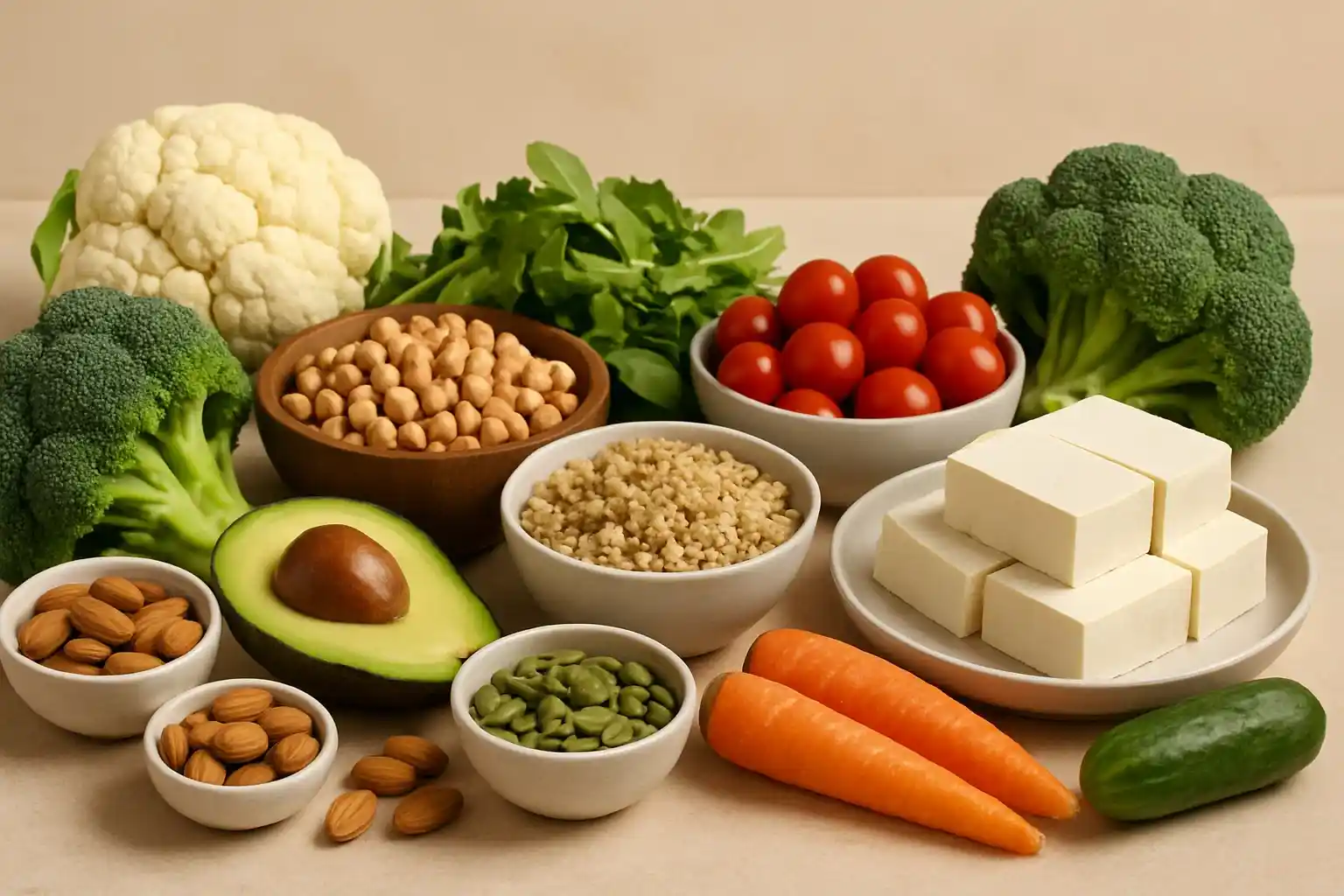Savoring Sustainability: Embracing Plant-Forward Eating Over Meat-Centric Diets

The choices we make about the food we eat have a profound impact not only on our personal health but also on the health of our planet. In particular, meat-centric diets, prevalent in many parts of the world, contribute significantly to environmental challenges, most notably through the emission of methane, a potent greenhouse gas, and the deforestation associated with livestock farming. Recognizing the urgency of addressing climate change, a growing movement is advocating for and embracing more plant-forward eating patterns as a crucial strategy for reducing our environmental footprint and supporting global methane reduction targets.
The environmental consequences of meat-heavy diets are extensive and far-reaching. Livestock farming requires vast amounts of land for grazing and feed production, often leading to deforestation and habitat loss, particularly in ecologically sensitive areas. The digestive processes of ruminant animals like cattle, sheep, and goats release significant quantities of methane, a greenhouse gas far more potent than carbon dioxide in the short term. The production and transportation of animal feed also contribute to carbon emissions. Furthermore, animal agriculture is a major consumer of water resources. Recognizing these significant environmental impacts, a shift towards diets that prioritize plant-based foods is increasingly recognized as a vital step towards a more sustainable food system.
Fortunately, a range of delicious and satisfying alternatives to meat-centric eating exists, making it easier than ever to embrace more plant-forward dietary patterns. By consciously choosing plant-based meals as regular staples, participating in initiatives like Meatless Mondays, or adopting a flexitarian eating approach that reduces overall meat consumption, individuals can make a tangible difference in supporting global methane reduction efforts and lessening the environmental burden of their food choices. These alternatives not only benefit the planet but can also offer numerous health advantages and expand our culinary horizons.
Cultivating a Greener Plate: Exploring Plant-Forward Eating Patterns
Moving away from the dominance of meat on our plates opens up a world of flavorful and environmentally conscious dietary choices:
Plant-Based Meals: Delicious and Sustainable Staples
Embracing plant-based meals as regular staples in our diets is a powerful way to reduce our reliance on resource-intensive animal products. Focusing on dishes built around vegetables, fruits, grains, legumes, nuts, and seeds significantly lowers our carbon footprint and minimizes methane emissions associated with livestock. Companies like Beyond Meat, GoodDot, and Tofurky offer a wide variety of plant-based meat alternatives that can make transitioning to more meatless meals both easy and delicious. Exploring the diverse world of vegetarian and vegan cuisine reveals a wealth of flavorful and satisfying options that can become regular family favorites.
Meatless Mondays: A Simple Start to Reducing Meat Consumption
Participating in initiatives like Meatless Mondays provides a simple and accessible way to begin reducing overall meat consumption. Committing to one meat-free day per week can collectively lead to a significant reduction in demand for animal products and a corresponding decrease in methane emissions and deforestation. Meatless Mondays offers a framework for exploring plant-based recipes and discovering the deliciousness and versatility of vegetarian cuisine. It's a manageable first step towards a more plant-forward dietary pattern.
Flexitarian Eating: Finding Your Sustainable Balance
Adopting a flexitarian eating approach offers a more flexible and gradual way to reduce meat consumption. This involves primarily eating plant-based foods while occasionally including meat, poultry, or fish. Flexitarianism allows individuals to find a sustainable balance that works for their lifestyle and preferences, reducing their overall environmental impact without completely eliminating animal products. This approach acknowledges that dietary change is a personal journey and that even small reductions in meat consumption, when adopted widely, can have a significant positive effect.
Embracing a Sustainable Diet: Small Choices, Significant Impact
By consciously choosing plant-based meals, participating in Meatless Mondays, or adopting a flexitarian eating pattern, we can collectively make a significant impact on reducing methane emissions and supporting a more sustainable food system. These dietary shifts not only benefit the planet but can also improve our personal health and introduce us to a wider variety of delicious and nutritious foods.
Related Blogs

Glimmers of Progress: Ten Policy Victories That Advanced Planetary Health in the Past Year
Insights on how environmental policy affects you (even if you don’t vote) in a sustainable way.

Decoding the Global Commitment: A Breakdown of the Paris Agreement and the Path Forward
Insights on a breakdown of the paris agreement (and what’s next) in a sustainable way.

Ban the Bag: Choosing Reusable Alternatives to Single-Use Plastic Carry Bags
Support local bans and global reduction by opting for cloth, jute, or foldable reusable bags.

Bank for a Better Future: Choosing Ethical Finance to Power a Cleaner Planet
Finance a cleaner planet by opting for ethical banks, green investment funds, and impact fintech.

Beyond the Ban: Navigating the Post-Plastic Bag Landscape Towards True Sustainability
Insights on banning plastic bags in a sustainable way.

Powering Change: Choosing Clean Energy Alternatives to Conventional Sources
Align with energy transition policies by opting for green providers, solar, or co-operatives.
Stay in the Loop
Get tips and insights tailored to your interests — no spam, just sustainability.